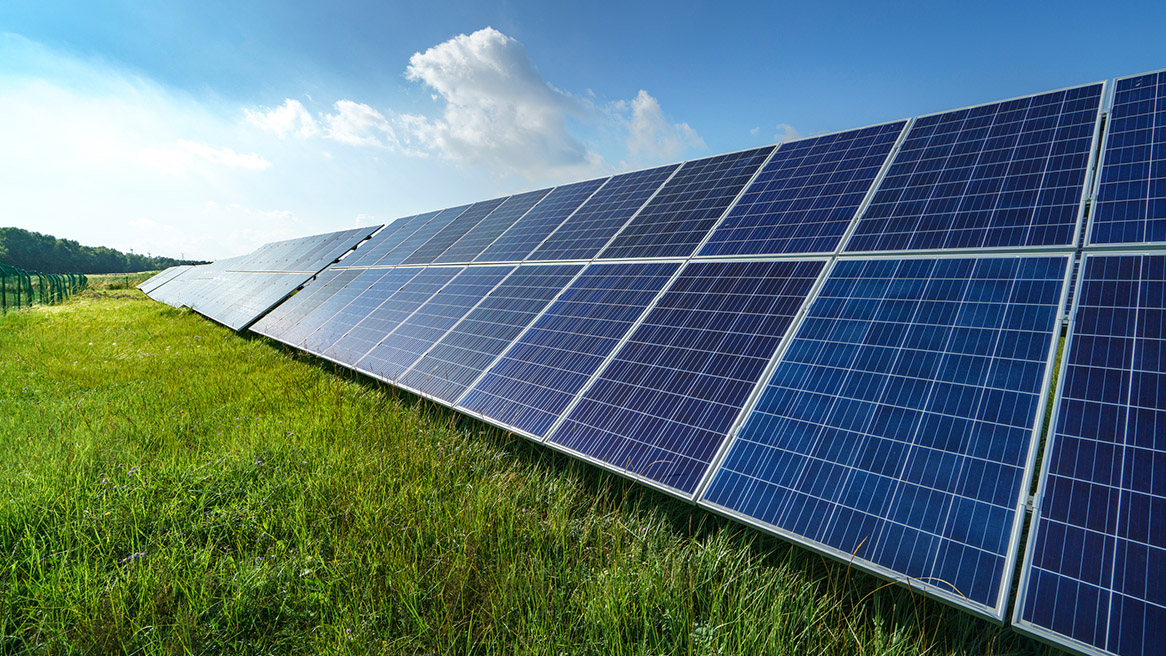As the world faces growing environmental challenges, the shift towards renewable energy sources has become crucial for achieving a sustainable future. In Thailand, the increasing adoption of solar energy is not just a trend but a practical solution to reduce dependency on fossil fuels, lower energy costs, and promote environmental sustainability. Harnessing solar power through solar panels offers a way to reduce carbon footprints and protect the planet for future generations, while simultaneously providing a reliable and cost-effective energy source.
One of the most significant advantages of solar energy in Thailand is the country’s ample sunlight, making it an ideal location for solar power generation. Thailand experiences abundant sunshine throughout the year, and solar panels can capture this energy to power homes, businesses, and even industries. By installing solar panels, individuals and companies can benefit from free and renewable energy, helping to reduce their reliance on traditional energy sources that often come with high costs and environmental drawbacks.
Solar energy is also an excellent solution for addressing Thailand’s growing energy demands. As urbanization continues to rise, more and more people are seeking reliable energy sources to power their homes and businesses. By incorporating solar energy systems, the country can meet these demands while decreasing the need for imported energy. The long-term financial savings that come with using solar power, including reduced electricity bills, make it an appealing choice for many Thai households and businesses alike. This is especially true for businesses looking to reduce operational costs while making a positive environmental impact.
In addition to financial savings, solar energy contributes significantly to reducing the environmental footprint. Traditional energy sources, such as coal and natural gas, contribute to air pollution and greenhouse gas emissions, which are major contributors to climate change. Solar energy, on the other hand, is clean and sustainable, offering a zero-emission alternative that helps protect the environment. For a country like Thailand, where the impacts of climate change are becoming increasingly apparent, switching to solar energy is a step toward mitigating these effects and protecting the natural beauty of the country.
To make the most of solar energy, it’s important to partner with experienced professionals who understand the unique energy needs of Thai homes and businesses. Solar energy installers can assess a property’s energy requirements, recommend the best solar solutions, and install the system to ensure maximum efficiency. For those seeking to explore the potential of solar energy, visiting websites like https://kunini.com/ can provide valuable insights into available services and options for solar power installation.
Moreover, the Thai government has been actively promoting renewable energy through various incentives and policies aimed at encouraging the adoption of solar power. Programs such as tax incentives and subsidies for solar energy installations help reduce the upfront costs for both residential and commercial users. This makes solar energy an even more attractive option for Thai citizens looking to invest in renewable energy systems for their homes and businesses.
Solar energy is a key player in the move toward a more sustainable and eco-friendly future for Thailand. The ability to harness solar power efficiently is a vital step in reducing carbon emissions, lowering energy costs, and promoting sustainability. By choosing solar power, Thailand can move closer to achieving energy independence and reducing its environmental impact. With the right information and support, like the resources provided by https://kunini.com/, individuals and businesses can take part in this crucial transition toward a greener and brighter future.




